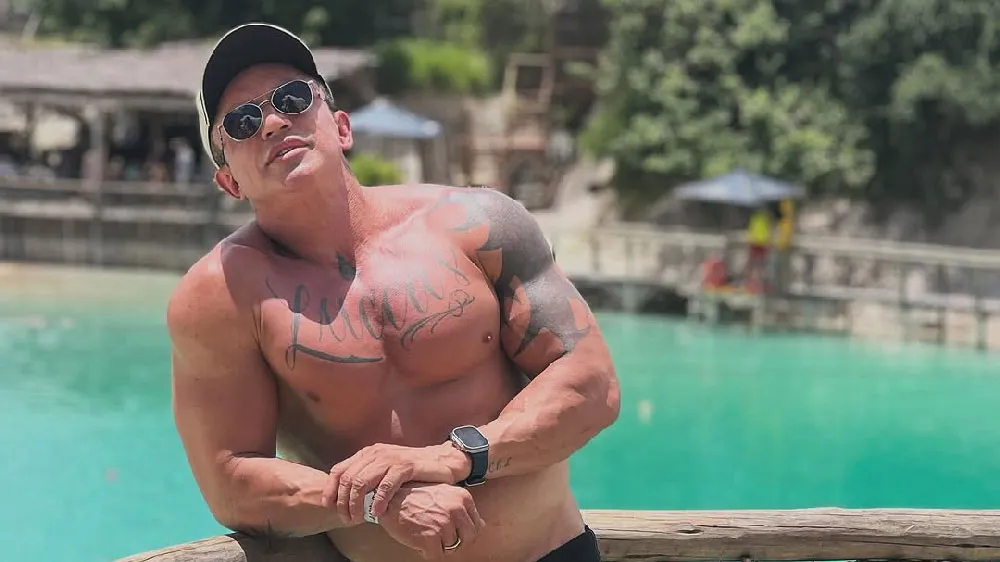November 13, 2018
Recovery Unplugged: Finding Sobriety One Song at a Time
Jill Gleeson READ TIME: 3 MIN.
It's one of the oldest stories in the book, but that doesn't make it any less affecting. Boy grows up wanting to be a rock star, joins band, starts writing hit songs. Starts using heroin. Tries to get clean, fails. Tries again and again. Fails. Richie Supa lived it, but he is one of the lucky ones. He eventually found long-lasting sobriety.
In October, Supa, who is director of creative recovery at drug and alcohol treatment center Recovery Unplugged, celebrated three decades drug-free. But it wasn't easy – the music industry, it seems, is an incubator for addiction.
"You know the old saying from the 70s – 'sex, drugs, rock-n-roll?'" Supa asks. "Well, music and getting high were synonymous. The greatest musicians had drug problems and it just seemed to be the thing to do. When I was jumping on and off tour with Aerosmith... you know, the Stones were out there, and Zeppelin and everybody was high. It was a lifestyle from the Woodstock days. There were half a million people in one field who were getting high. So it became a social thing, it kind of saturated the music industry, and it's still prevalent. Young bands are still getting high. A lot of these guys come through our treatment center."
Supa has written songs for luminaries including Mika, Willie Nelson and Bon Jovi, but it's his work with Aerosmith that proved to him music could be medicine for those afflicted with addiction. Two years after getting clean, terrified that sobriety might make it impossible for him to write, Supa sat down and penned "Amazing" with Steven Tyler. Detailing Supa's struggles with addiction and the joys of recovery, it became a massive hit for Aerosmith. Even better, Supa began getting letters from addicts, telling him how much the song meant to them, sometimes that it even helped them stop using.
Eventually, as he kept writing songs about his journey, Supa started taking his guitar into rehab centers and playing for patients. After he heard about a treatment center called Harmony that was using music in its programs, Supa reached out to its founder, Paul Pellinger. The two, who had met in Narcotics Anonymous years before, clicked. Harmony morphed into Recovery Unplugged and Supa was soon leading group sessions, where he uses his own and other's music about addiction and recovery to help break down the emotional walls that addicts and alcoholics build so well. Sometimes Supa's well-known buddies in the music industry, like Aerosmith frontman Steven Tyler, drop by to the center perform and lend moral support.
WHY IT WORKS
In addition to its flagship location in Fort Lauderdale, Florida, Recovery Unlimited has spread to Lake Worth, Florida, and Austin, Texas (which, along with Annandale, Virginia, also features a Recovery Unplugged Encore outpatient center). By year's end Recovery Unplugged will open a new site in Nashville. Clearly, the music-as-medicine model works to help combat substance abuse. But how?
According to Pellinger, there is science behind Recovery Unplugged's methods. "Brain scans have shown that listening to music lights up the same pleasure centers that doing a shot of whiskey or heroin does. It releases the same endorphins and increases serotonin to the same level. So, in essence, we're teaching clients how to get high with music, instead of drugs. And the best thing about it is that when they leave treatment, they can take it with them. So we give them musical prescriptions if that makes sense."
That's not to say that Recovery Unplugged's clients don't have to work for their sobriety. Supa, who two years ago released an entire album about recovery titled "Enemy," which he uses in therapy with clients, says, "If you want to stop, you have to find the will. You have to reach that place emotionally and spiritually where you know that it's out of control. If you want recovery, you can have it."
Sponsored content.
Jill Gleeson is a travel and adventure journalist based in the Appalachians of Central Pennsylvania. Find her on Facebook and Twitter at @gopinkboots.
This story is part of our special report: "How Music Medicine Heals". Want to read more? Here's the full list.


